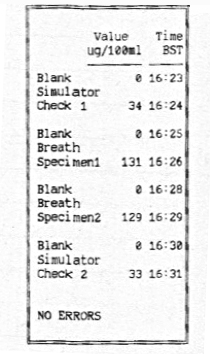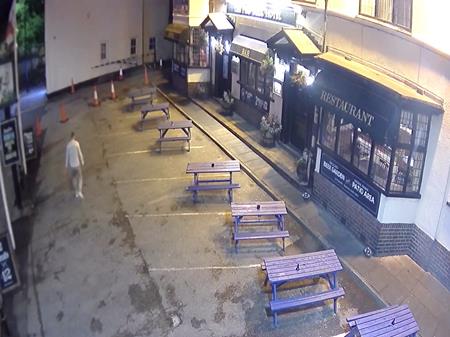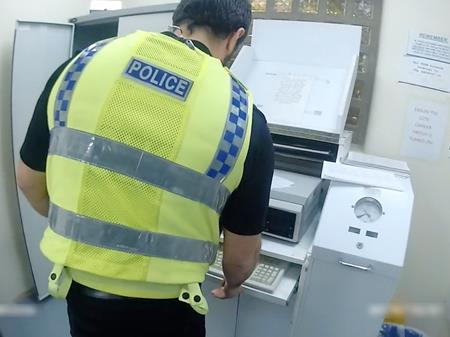Checking the evidence (CCTV)

How CCTV can help you win your drink driving case
M.A.J. Law today received notice from the CPS that our client’s case had been dropped.
Our client, Mr G, was pulled over by the police whilst driving his vehicle. A member of the public had reported him for “driving erratically”. At the police station Mr G provided two breath readings, the lower reading was 129 micrograms per 100 milliliters of breath (µg%). This placed Mr G in the most serious sentencing bracket (prison sentence and lengthy disqualification). He was charged the following morning.
At the first court hearing the CPS failed to serve any evidence whatsoever. The CPS solicitor – who had 10 cases to deal with that day – expressed some surprise that Mr G was pleading not guilty, stating that “he blew 129, of course he’s guilty”. This is often the response from the CPS, who expect people to plead guilty without checking the evidence against them. This mindset is common amongst overworked CPS solicitors.
The Criminal Law Solicitors’ Association recently stated;
“We have noted remarks from the judiciary such as ‘your client must know if he/she committed this offence’ which often is not only inaccurate but always ignores that the burden of proof to be discharged by the Crown”.
Mr G entered a not guilty plea and the case was adjourned for trial in four months time. The CPS were given 28 days to serve evidence.
Four weeks prior to the trial, M.A.J. Law received a disk containing CCTV footage. This was sent by the CPS. After reviewing the CCTV, it was clear that the police had made a huge mistake.
The CCTV of the breath test procedure
Our client can be seen being led into the breath test room by two officers (Officer A and Officer B). Officer A asks Mr G to take a seat whilst he ‘sets up the machine’. Officer B then begins to ask a set of questions from the 25 page procedure booklet (known as the MGDDA document).
Moments later, Officer B is interrupted by Officer A, who states that the machine is now ready to take the samples and will ‘time out’ in three minutes if Mr G does not blow. He is immediately placed onto the machine and provides two specimens of breath.
After the samples are collected, the evidential device gives three printouts displaying important calibration data. One of the printouts is handed to our client.
Below are the readings provided;

If you have read our drink driving page, you will understand the importance of the MGDDA document and the information contained within it. The law is clear – if this information is not given correctly, before you are placed onto the breath test machine, the court cannot convict you of the offence, even if your breath reading is high.
We immediately called the CPS Head Office and invited them to consider the CCTV. 10 minutes later the case was discontinued.
What’s concerning about this case is the comment made by the CPS solicitor on the first court date – “he blew 129, of course he’s guilty”. This case highlights the importance of taking the opportunity to check all the evidence in the case. Had Mr G pleaded guilty on the first court date, this fatal error would have gone unnoticed.
Any drink-driving related offence is dealt with seriously by the courts. Punishments depend on your alcohol level but range from a minimum 12 month driving ban and fine, community service or imprisonment. It is vital that you do as much as possible to avoid a conviction. You have nothing to lose, but everything to gain, by obtaining and thoroughly checking the evidence.
Our team of specialists will be pleased to discuss your case with you over the telephone completely free of charge. Our office number is 0151 422 8020.






